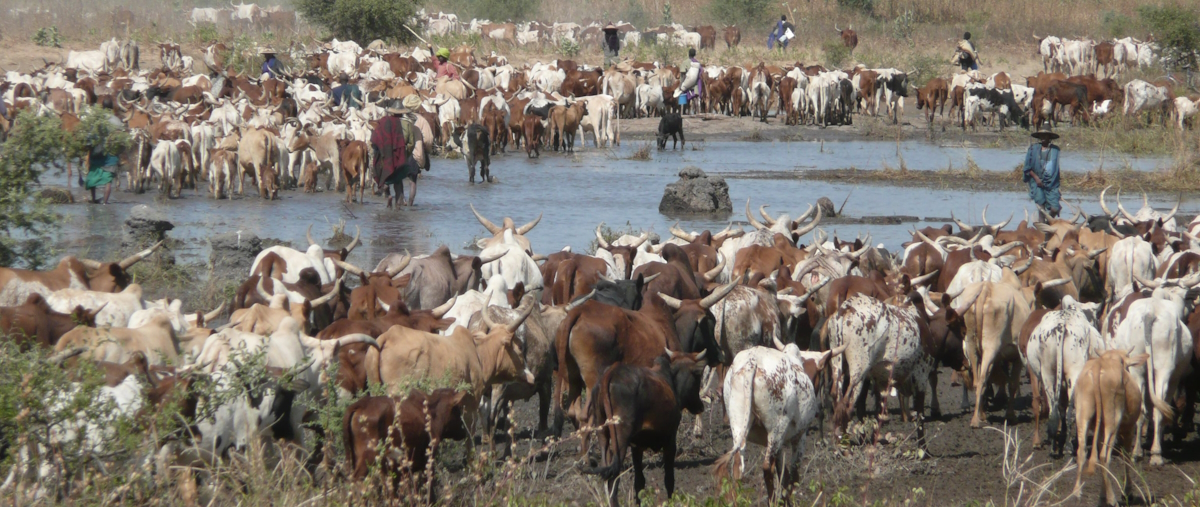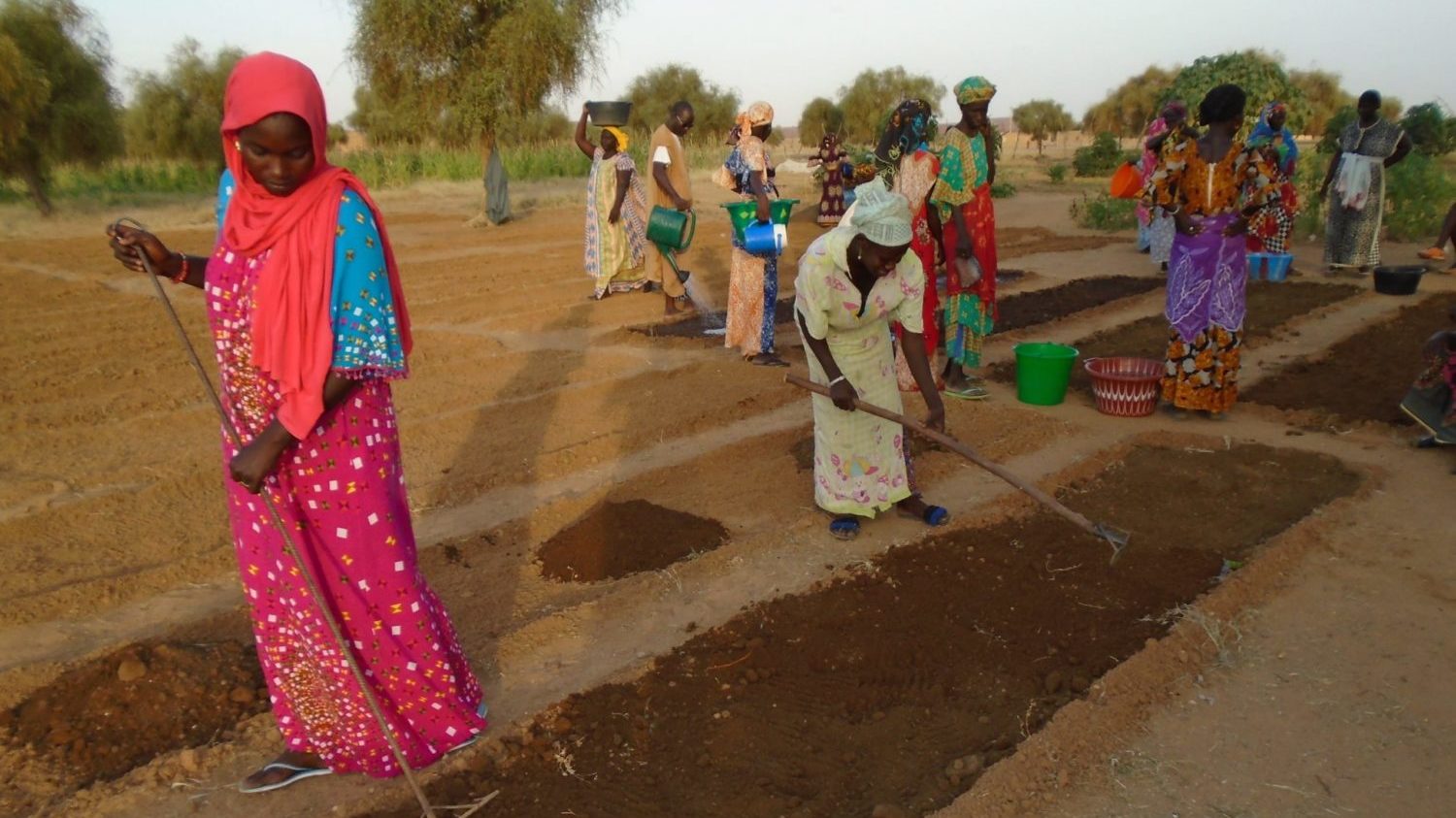The “Land tenure & development” technical committee has launched a new process of reflection on the subject of pastoral land tenure in Africa. Below is an overview of the main challenges/issues…
The “Land tenure & development” technical committee (CTFD) is a group of exchange and reflection on land tenure policies in developing countries. It is placed under the auspices of Agence française de développement and the French Ministry of Foreign and European Affairs, and GRET ensures its scientific secretariat. At the start of the year, the CTFD organised two days of meetings focusing on land tenure and pastoralism issues in Africa, bringing together approximately fifty participants from West and Central Africa, France and the United Kingdom, and officially launching this new subject of reflection.
Renewed interest in pastoral issues
This process of reflection is organised around two components. The first of these focuses on the Mediterranean area (Tunisia, Morocco, France) and conducts action-research aimed at supporting the development of national regulatory frameworks that are more favourable to recognising customs and local management of common resources in the context of climate change. The second component is concentrating on pastoral land tenure regulations in Sub-Saharan Africa (West Africa in particular), in a period where the political and security crisis in the Sahel and in West Africa questions the very existence of pastoralism and requires re-evaluation of the role of herders in national societies.
Pastoral land tenure in Sub-Saharan Africa has been the subject of unprecedented interest in recent years, and today it is widely discussed and analysed through the prism of agro-pastoral conflicts and insecurity, at the risk of being simplistic. The notion of pastoral land tenure concerns the relationships people have with each other around a set of very diverse resources – natural pastures (herbaceous, shrubby and wooded), surface water and deep water, saline lands – and is inseparable from mobility of populations and herds, which are vital for valorisation of these resources. It entails relationships with space that are historically marked by mobility, reciprocity and a high level of interaction with the environment.

A profound change of practices
The structural changes occurring in rural territories have impacted pastoral societies in Sub-Saharan Africa, whose relationship with the space around them is being redefined by the joint effects of demographic growth, extension of cultivated surfaces, urbanisation, climate change, decentralisation and violent situations. While regional integration of pastoralism (definition of transhumance routes and integration of market circuits) is constantly progressing, political, security and regulatory barriers are hindering cross-border circulation of herders and their herds.
New requirements in terms of securing access to pastoral resources are emerging and require both territorial renegotiation of land tenure arrangements and definition of appropriate and coherent legal frameworks at regional level.
Public action on pastoralism is therefore encountering significant challenges, which need to be addressed through the definition of empirically informed, conceptually constructed frameworks, acknowledging historic trajectories and contemporary changes. This is the objective of the new reflection process launched by the Land tenure committee.






